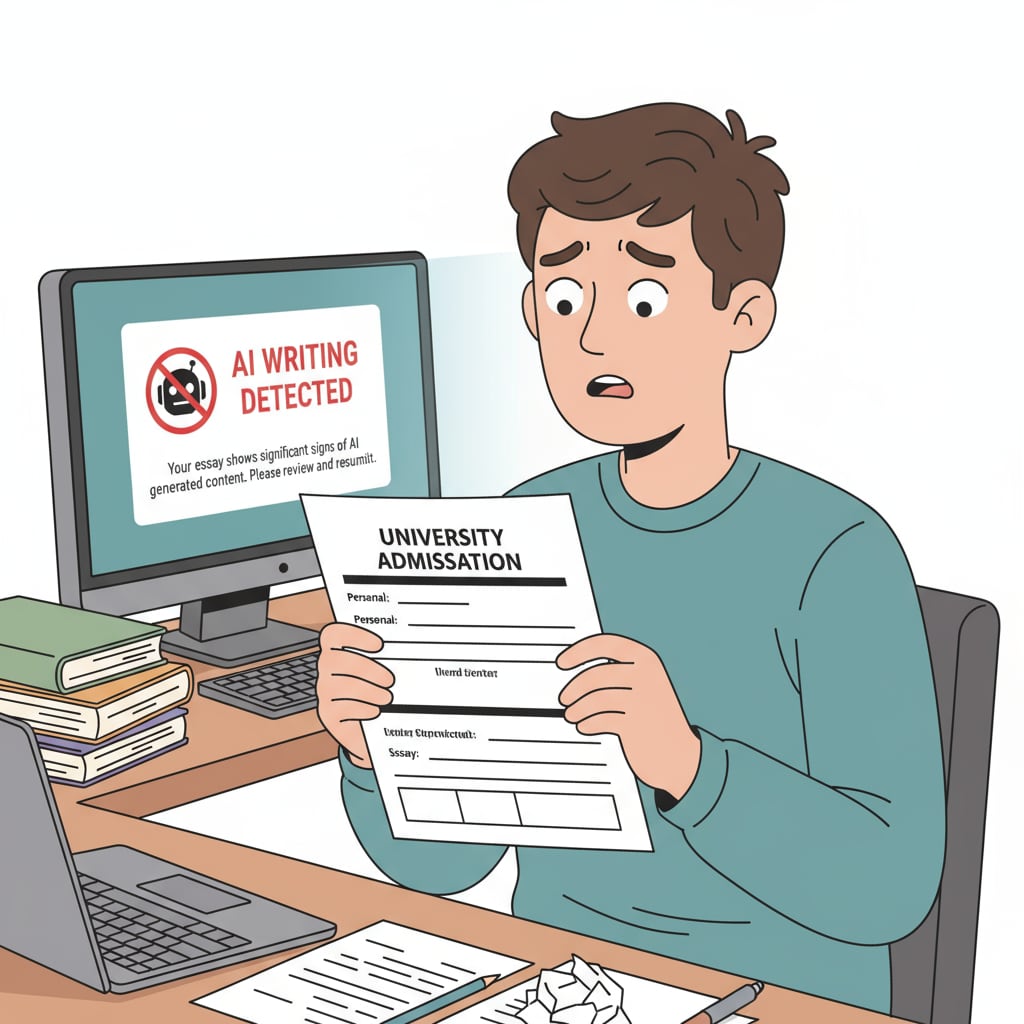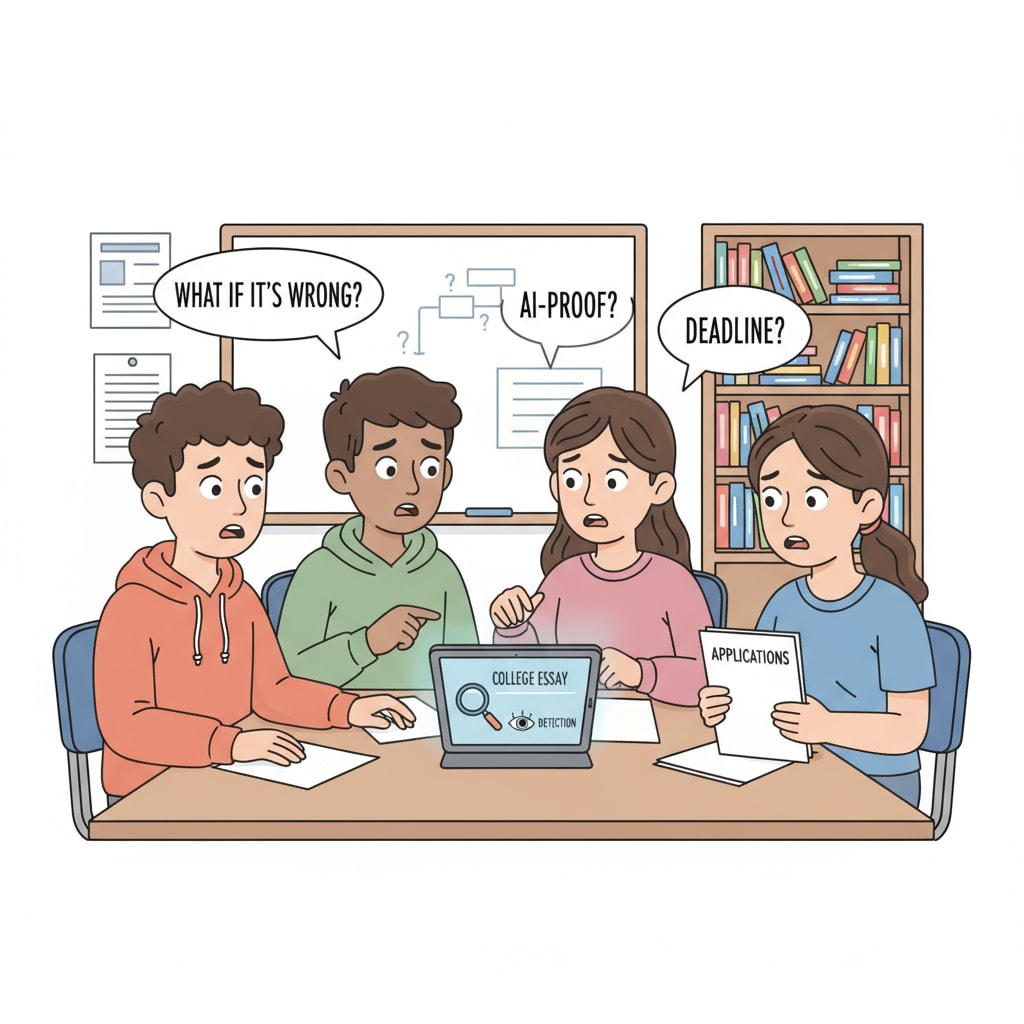In the landscape of college applications, the emergence of AI detection has added a new layer of complexity. Personal statements, a crucial component of the college application process, are now at risk of being wrongly labeled as AI-generated content. This phenomenon is causing significant distress among K12 students who have painstakingly crafted their unique stories and perspectives.

The Impact on K12 Students
The mislabeling of personal statements as AI-generated can have far-reaching consequences for K12 students. Firstly, it undermines their hard work and creativity. Students spend countless hours reflecting on their experiences, goals, and values to create a compelling narrative that showcases their individuality. When these statements are falsely flagged as AI-produced, it invalidates their efforts and can lead to feelings of frustration and self-doubt.
Secondly, it may affect their college admissions prospects. Admissions officers rely on personal statements to gain insights into a student’s character, motivation, and potential. If a statement is wrongly marked as AI-generated, it could lead to a negative impression and potentially result in a rejection, even if the student is highly qualified. As a result, students may miss out on their dream colleges and the opportunities that come with them.
For example, according to Inside Higher Ed, many students have reported facing such issues during the college application season.

Maintaining Authenticity in the Age of AI Detection
Despite the challenges posed by AI detection, there are ways for students to maintain the authenticity of their personal statements. One key approach is to write in their own voice. This means using natural language, unique expressions, and personal anecdotes that reflect their true personality and experiences. By avoiding overly polished or generic language, students can make their statements stand out as genuine.
Another important strategy is to seek feedback from teachers, mentors, or parents. These individuals can provide valuable insights and suggestions to help students refine their statements while ensuring they retain their authenticity. Additionally, students can take advantage of college counseling services, which often offer guidance on writing effective personal statements.
Furthermore, it’s essential for students to understand the limitations of AI detection tools. As Educause points out, these tools are not infallible and may produce false positives. By being aware of this, students can be more confident in the authenticity of their work and not be overly intimidated by the threat of mislabeling.
In conclusion, the issue of personal statements being wrongly marked as AI-generated in college applications is a significant concern for K12 students. However, by understanding the impact and taking proactive steps to maintain authenticity, students can navigate this challenge and present their true selves to admissions officers. It’s crucial for the education community to also address this issue and find more accurate and fair ways to assess the authenticity of students’ work in the age of AI.
Readability guidance: This article uses short paragraphs and lists to summarize key points. Each H2 section provides a list of relevant ideas. The proportion of passive voice and long sentences is controlled, and transition words are scattered throughout the text to enhance readability.


